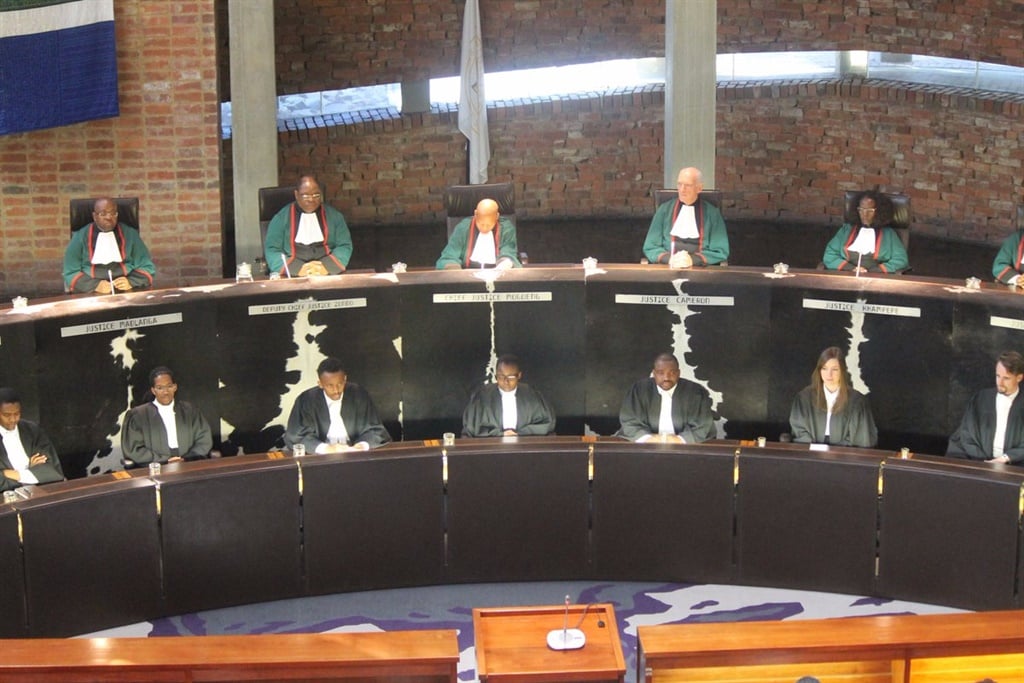
The Constitutional Court judgment delivered on June 8 enriches our understanding of at least three Constitutional areas in the process of developing public policy. These include the power of the executive arm of government in policy determination, the test for rationality and what it means and what consultation entails in the public policy development space.
This judgment dealt with three consolidated applications for leave to appeal against the judgment of the Supreme Court of Appeal, which held that a clause of an amendment in the Broadcasting Digital Migration Policy adopted by the minister of communications was invalid and therefore unlawful. Needless to point out that the Constitutional Court disagreed with this appeal and has consequently set it aside.
This judgment is important because it buttresses the power of the executive to make decisions in so far as public policy-making is concerned.
This is clearly demonstrated in the opening line of the judgment wherein Chief Justice Mogoeng Mogoeng asserts: “Ours is a Constitutional democracy, not a judiciocracy. And in consonance with the principle of separation of powers, the national legislative authority of the republic is vested in Parliament whereas the judicial and executive authority of the republic repose in the judiciary and the executive respectively.”
This line suggests that the court is becoming concerned about a phenomenon we have come to refer to, perhaps incorrectly, as judicial overreach whereas in essence, it should probably be referred to as judicial filibustering.
The judgment states that “policy determination is the space exclusively occupied by the executive”. This is the ultimate confirmation of the role and powers of the executive as enshrined in the Constitution.
In addition the judgment makes it clear that the judiciary may only encroach in this space if such an intrusion is necessitated by the failure of the executive to act within the bounds of law.
In buttressing the need for arms of government to respect one another, Mogoeng states: “The judiciary is but one of the three branches of government. It does not have unlimited powers and must always be sensitive to the need to refrain from undue interference with the functional independence of other branches of government.
“Courts ought not to blink at the thought of asserting their authority, whenever it is constitutionally permissible to do so, irrespective of the issues or who is involved. At the same time and mindful of the vital strictures of their powers, they must be on high alert against impermissible encroachment on the powers of the arms of government.”
This is remarkable and should provide guidance to all of us to take caution when litigating and not expect the judiciary to interfere on matters which do not fall within their domain.
It also sounds a caution to those who litigate only because they have been defeated by the exercise of democratic processes that the courts remain vigilant about being invited to wilfully and incorrectly interfere with other arms of government.
With regards to the standard of rationality the court said this is not some supra-constitutional entity or principle that is uncontrollable and that respects or knows no constitutional bounds. It must fit seamlessly into our constitutional order especially with due regard to the doctrine of separation of powers.
The court goes on to argue that the enquiry on rationality is whether there is a rational connection between the means and the purpose.
Elsewhere in the judgment the court goes on to argue that: “Courts may not interfere with the means selected simply because they don’t like them, or because there are other more appropriate means that could have been selected … What must be stressed is that the purpose of the enquiry is to determine not whether there are other means that could have been used, but whether the means selected are rationally related to the objective sought to be achieved.”
The honourable court helps us to understand the test used to enquire on the rationality of a matter. It assists us to be cognisant of the fact that while one may not agree with means used or have preferred a different approach that on its own does not make the action of the executive irrational.
There must be no connection between the means and purpose for an act to be found to be irrational. The courts concludes this points very succinctly when it points out that: “It is for the executive to modify the means as many times as it wishes to achieve the relevant objective.” This underscores the executive’s prerogative on policy-making.
Another procedural challenge in this case was that the minister had failed to comply with the consultation requirements set out in section 3(5) of the Electronic Communications Act. In this regard the court reminded us that consultation is distinct from negotiations geared at reaching an agreement.
It is not a consensus-seeking exercise. I emphasise this point because often in our body politick people would often mistake the intent of consultation.
The court emphasised that consultation in the public policy development context is not geared towards reaching an agreement or a consensus seeking exercise. I must add that consultation does not give rise to shared power or co-governance on policy development. Instead it is designed to create a platform for the solicitation of views that would enable the policymaker to appreciate what those being consulted think of the major and incidental aspects of the issue or policy under consideration.
• Advocate Unathi Bongco is an adviser to the minister of communications




 Publications
Publications
 Partners
Partners








